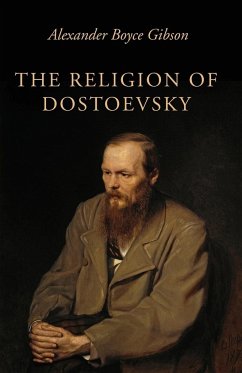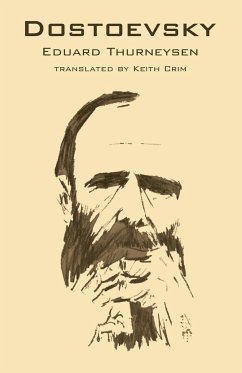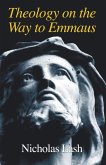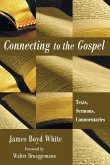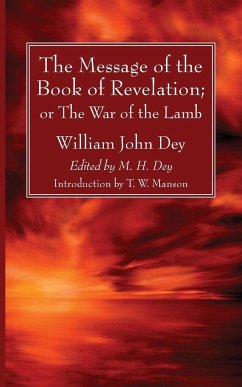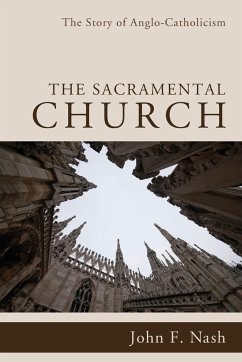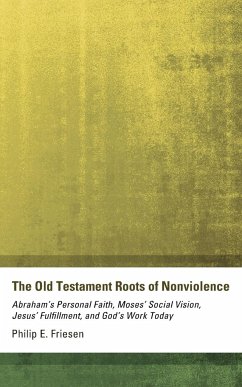Why has Dostoevsky influenced so much of the religious thinking of our times? His impact on modern theologians--Barth, for example--has been great, and thousands of his readers have been stirred by his extraordinary power to register metaphysical insights in narrative form. This fresh and subtle study of Dostoevsky's life and writing demonstrates that the great Russian's relevance for our day lies in his perception that religious faith and philosophic doubt are inseparable in his illustration that the practice of religion and intellectual scruples belong together and actually enhance each other. Gibson records what is known, from outside the novels, of his successive engagements and disengagements with the Christian faith. He then traces chronologically the path of Dostoevsky's developing thoughts and feelings as presented in the novels themselves, and his sentiments as distributed among his characters. Especially illuminating is the author's analysis of the dichotomies that make up the fascinating puzzle of Dostoevsky's complexity. Overlapping but never coinciding are the two perspectives of reflective artist and journalist-reporter. Buttressing Dostoevsky's dialectical method of thinking was the literary device of the ""double,"" the character with contradictory ways of thought and behavior. Gibson shows how all these factors structured Dostoevsky's depiction of mental, moral, and religious ambiguities. This stimulating guide, which takes the reader from Notes from Underground through The Brothers Karamazov, explores the polarities of reason and faith as the irreconcilables that Dostoevsky constantly tries to reconcile. Everyone who has found his own vision of ethics or of religion expanded by Dostoevsky's work will find this literary study provocative and informative.

